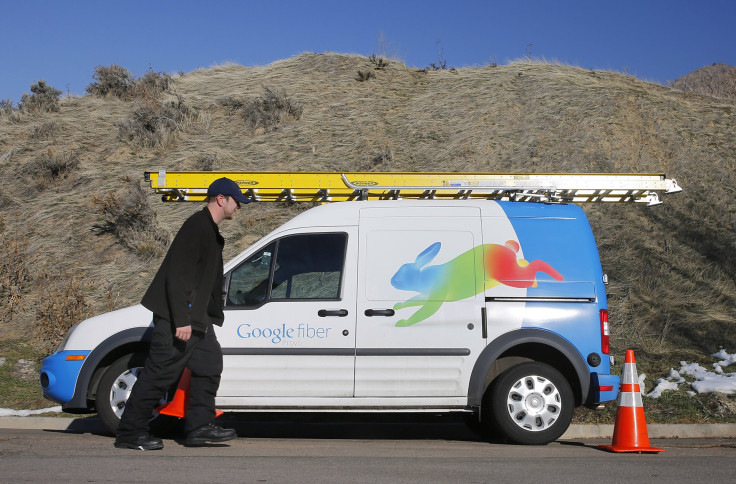Google Fiber Isn't Reaching Low-Income Households

Google’s proclaimed mission with the rollout of its Google Fiber broadband service is to bridge the “digital divide," providing affordable but screaming-fast Internet speeds to areas that would otherwise not see them. But data suggest that Google is far from reaching a less financially well-off audience — exactly the people who might benefit from such a service.
A Wall Street Journal survey conducted in six low-income Kansas City, Missouri, neighborhoods found that a mere 10 percent of residents subscribe to Google’s Fiber service, and an additional 5 percent use a slower version that is free for seven years after a $300 installation fee, which can be paid in monthly installments of $25. On the other hand, nearby higher-income areas see a 42 percent subscription rate, with 11 percent opting for the slower service. In short: Google Fiber is going to wealthier people.
Additionally, those living on a lower income have disincentives from subscribing to Google Fiber. These residents rent their homes and move more often, and Google Fiber service is tied to the property. To move out is to surrender the service, which is hardly appealing after making such an investment.
“Addressing the digital divide is going to take a lot more than any Internet offering, because some people still don’t see the relevance of the Internet in their lives,” said Erica Swanson, Google Fiber’s head of community impact programs. "The Internet is not really important,” said 24-year-old Kansas City resident Chad Grade. “I use it for navigation on my phone, but I don’t use it at home.”
“School work, searching for a job, and some health care applications are much less useful for people with only a smartphone’s small screen as their connectivity device,” says John Horrigan, who studied broadband adoption at the Pew Research Center. Despite broadband Internet's clear ability to democratize opportunity for people regardless of income and location, the digital divide is putting up quite a fight.
© Copyright IBTimes 2024. All rights reserved.






















